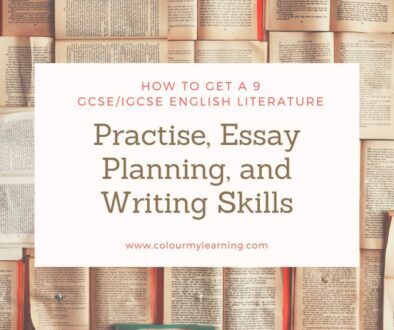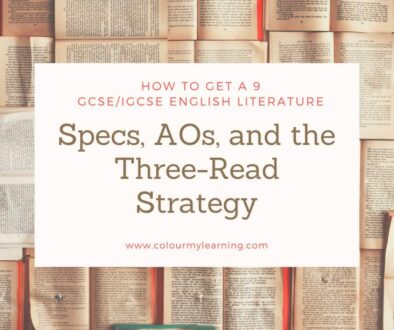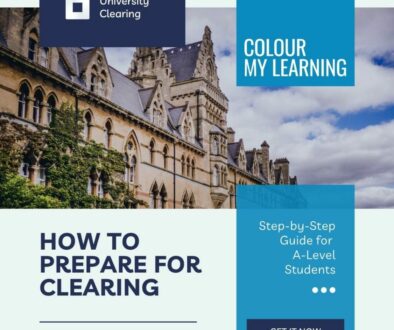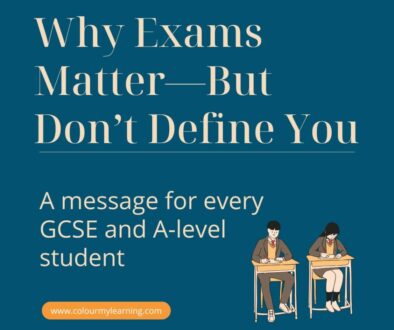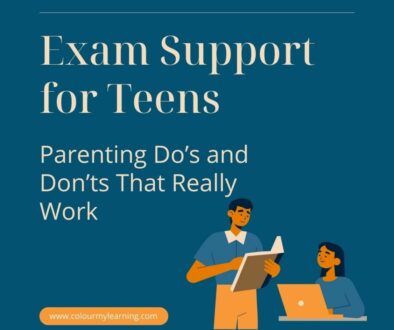Should You Take a Gap Year? How to Decide and Make It Work
A gap year is a break from full-time study, usually taken between finishing school or college and starting the next stage of education or work. For some students, it’s a carefully considered choice, mapped out well before exams are even over. For others, it’s a decision made after results day, sometimes because plans have changed, grades were different from expected, or there’s simply a need to pause and regroup.
Planned well in advance or arising from unexpected circumstances, a gap year can be one of the most valuable chapters of your life. It offers space to breathe, opportunities to grow, and the clarity to make better decisions about your future. The key is knowing how to approach it with purpose.

The Intentional Gap Year
Some students set their sights on a gap year months, even years, before finishing their exams. For them, this time is an opportunity to explore the world, gain new experiences, and prepare for the next chapter of education or work in a way that a traditional summer break could never match.
Travel is often the first thing people imagine when they hear “gap year” and for good reason. Visiting new countries, immersing yourself in different cultures, and meeting people from diverse backgrounds can be life-changing. But travel isn’t the only option.
Many students use the time to work in jobs that build professional skills, earn money for university, or gain insight into potential career paths. Others volunteer with charities or community projects, which can strengthen empathy, teamwork skills, and your CV at the same time.
If you’re exploring ideas, see our full guide to Creative and Affordable Gap Year Ideas for Students.
An intentional gap year can also be about personal projects. Maybe you’ve always wanted to write a book, train for a sporting goal, learn a language, or develop a creative portfolio. With no timetable dictating your day, you have the freedom to invest in interests that can shape your future direction.
For those aiming for highly competitive university courses, a gap year can also be a time to take short courses or complete extra qualifications to boost academic readiness.
UCAS also has detailed guidance on how to plan a gap year, including how it can fit into your university application timeline.
For structured opportunities to study or volunteer abroad, explore the British Council’s study and work outside the UK.

The Unplanned Gap Year
Not every gap year begins as a dream or a plan. Sometimes, circumstances after results day make it the most realistic or beneficial choice. You might have missed the grades for your chosen course and decided to reapply next year. You might have achieved higher marks than expected and now want to explore more competitive options that weren’t previously available to you. Perhaps you’re feeling the mental and emotional strain from years of study and exams and know you need to step back before diving into something new.
For more on turning unexpected results into a positive next step, read Making the Most of an Unplanned Gap Year.
There are also practical reasons an unplanned gap year can make sense. You may need to focus on family commitments, or perhaps your financial situation means it’s wise to work and save money before moving away from home. Sometimes, universities or apprenticeships aren’t offering exactly what you want this year, and waiting gives you the chance to apply to a better fit.
An unplanned gap year can feel unsettling at first, but many students find that it becomes a turning point, the year that allowed them to rethink, reset, and find a clearer path forward.
Why It Can Be a Good Thing
A gap year, whether you meant to take it or not, can bring huge benefits. It can give you the clarity to step back from deadlines and make decisions with a clear head. It can help you build confidence as you take on new responsibilities, manage your own time, and make choices that matter to you. It can also be a chance to develop skills; from teamwork and problem-solving in a job or volunteering role, to resilience and adaptability in unfamiliar situations.
For students reapplying to courses or apprenticeships, the extra time can strengthen applications. You might gain relevant work experience, improve your grades through resits, or complete a short course that gives you an edge. Even taking a breather for personal wellbeing has long-term value; entering your next stage with restored energy and focus is a huge advantage.
Many people only realise afterwards how much their gap year shaped their independence, maturity, and sense of direction.

Making the Most of It
To make your gap year count, it helps to approach it with some structure. Start by setting at least one main goal for the year, something that will guide your decisions about how to spend your time. That could be working to save for university, gaining experience in a field you’re interested in, travelling to broaden your horizons, or completing a personal project you’ve been putting off.
Even if you want flexibility, creating a loose weekly routine can stop the year from drifting away. Balance work, rest, and activities that contribute to your growth. If possible, choose experiences that connect to your future plans; for example, working in a related industry, volunteering for causes linked to your course, or exploring subjects through online learning.
We’ve also compiled a list of Top Online Learning Platforms for Gap Year Students that can help you build new skills during your time out.
Keeping a record of what you do can also be valuable. A simple journal, blog, or portfolio can help you reflect on your progress and will come in handy when you need to describe your gap year in future applications or interviews.
You can find ideas for work experience, volunteering, and travel through the Prospects gap year guide.
Preparing for the Next Step
While it’s important to enjoy your gap year, it’s also worth keeping one eye on what comes next. Note down important application deadlines for UCAS, apprenticeships, or jobs, and make sure you know what you’ll need to apply. Stay connected with teachers, tutors, or mentors who could provide references. If you’re aiming for a competitive course or role, think about how you can position your gap year activities to strengthen your application.
Our article on How to Build a Standout University Application During a Gap Year has more tips to strengthen your personal statement and CV.
By the time you reach the end of your year out, you want to feel that you’ve moved forward whether that’s financially, academically, personally, or all three.
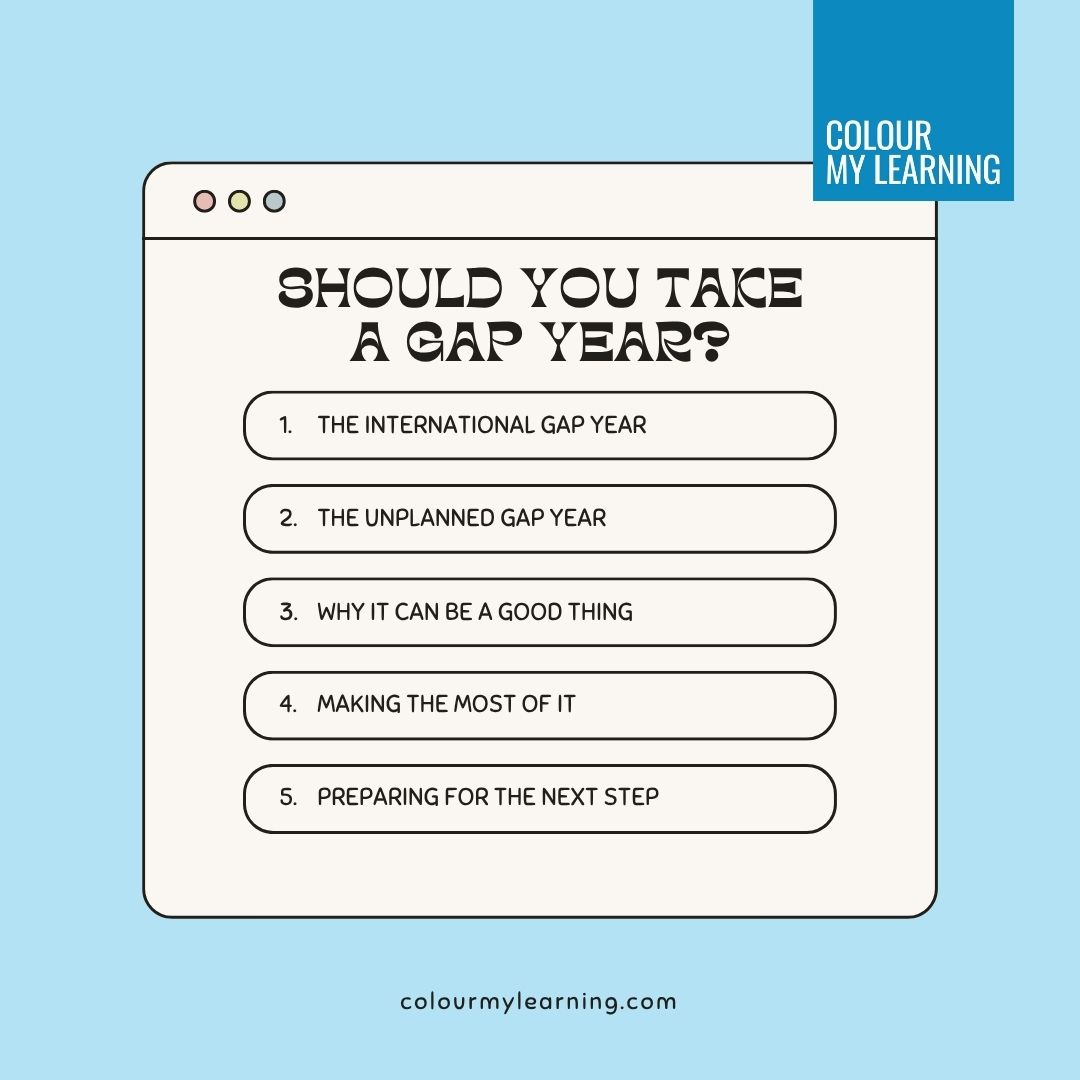
The Next Chapter
Consider a gap year as more than just a year out. It really is a chapter in your story that can bring perspective, skills, and opportunities you might never have found otherwise. Whether you chose it months in advance or stepped into it after results day, you have the chance to make it a year of real growth. Use it to explore, to learn, to prepare and to create a foundation for whatever comes next.


